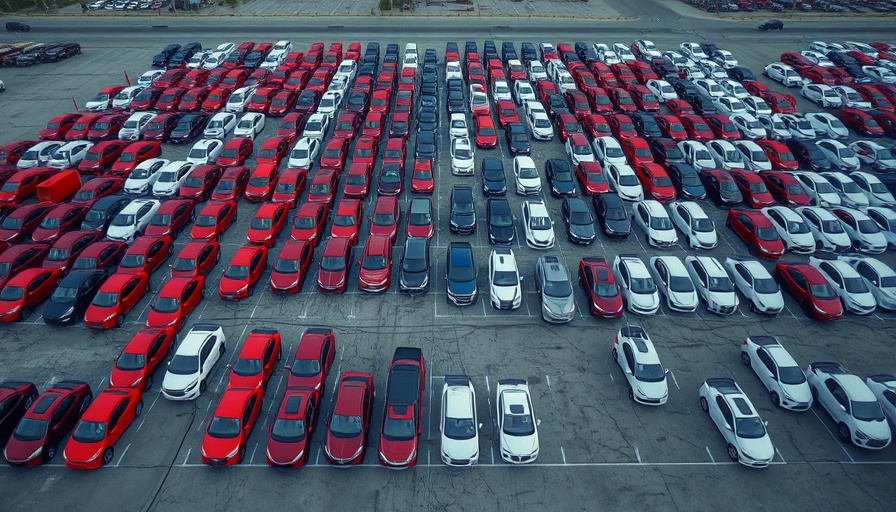
California’s Ban on Gas Cars: A Pivotal Shift
The recent U.S. Senate vote to overturn California's zero-emission vehicle mandate represents a significant shift in the automotive landscape. With a vote of 51-44, the joint resolution revokes California's waiver from the Environmental Protection Agency (EPA) that enabled the state to implement its Advanced Clean Cars II program. This program aimed at banning new gas-powered vehicles by 2035, mandating all new cars sold in the state to be zero-emission vehicles (ZEVs).
Understanding the Impacts on the Automotive Market
Supporters of the Senate’s decision, including the National Automobile Dealers Association (NADA), have celebrated the action as protective of consumer choice. NADA argued that the ban on gas and hybrid vehicles would lead to drastically reduced options and increased prices for consumers across the nation.
As President Trump is expected to sign the resolution into law, dealer associations have expressed their gratitude towards leaders such as Senators Shelley Moore Capito and John Thune for championing consumer interests, emphasizing the importance of a diverse array of vehicle choices in light of varying infrastructure across the country.
The Infrastructure Challenge and Consumer Rights
Cody Lusk, president and CEO of the American International Automobile Dealers Association, emphasized that the disparities in EV charging infrastructure highlight the need for a broader spectrum of vehicle options. "In a nation where availability of EV charging infrastructure varies greatly, it is crucial that Americans maintain access to a variety of engine types," he stated. This sentiment reflects a growing concern that a one-size-fits-all vehicle mandate may not cater to every American's unique commuting needs and financial situations.
Looking Ahead: Challenges and Expectations
The passage of this resolution does not close the book on the contentious debate over emissions standards. Legal challenges are expected, as opinions from the Government Accountability Office suggest that these waivers may not be deemed as rules subject to congressional review. As this issue unfolds, stakeholders across the automotive sector will need to stay informed and prepared to adapt to regulatory changes that could significantly affect their businesses.
Conclusion: Implications for Dealers and Consumers
The recent actions regarding California's emissions mandates underscore the ongoing tug-of-war between environmental regulations and consumer choice in the automotive industry. For automotive dealers, understanding these dynamics can mean the difference between thriving in a competitive market or struggling against regulatory pressures. As regulations evolve, staying alert to the changing landscape will be critical for dealership owners and GMs looking to align their strategies with the needs and preferences of their customers.
To stay updated and informed on these developments and how they may impact your dealership, consider exploring educational resources tailored specifically for dealership owners and general managers, ensuring you are well-equipped to navigate the ever-shifting automotive landscape.
 Add Row
Add Row  Add
Add 

 Add Row
Add Row  Add Element
Add Element 




Write A Comment